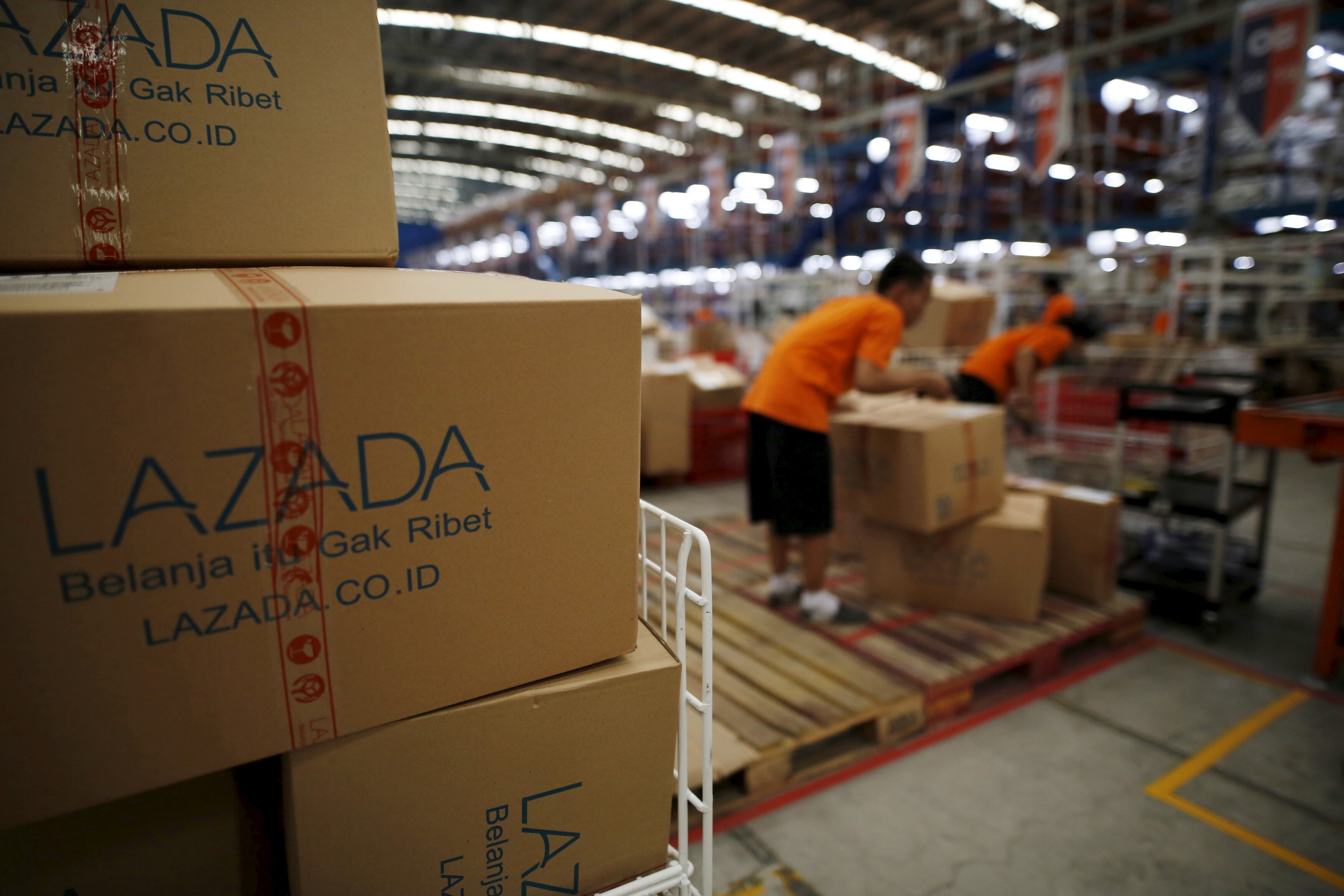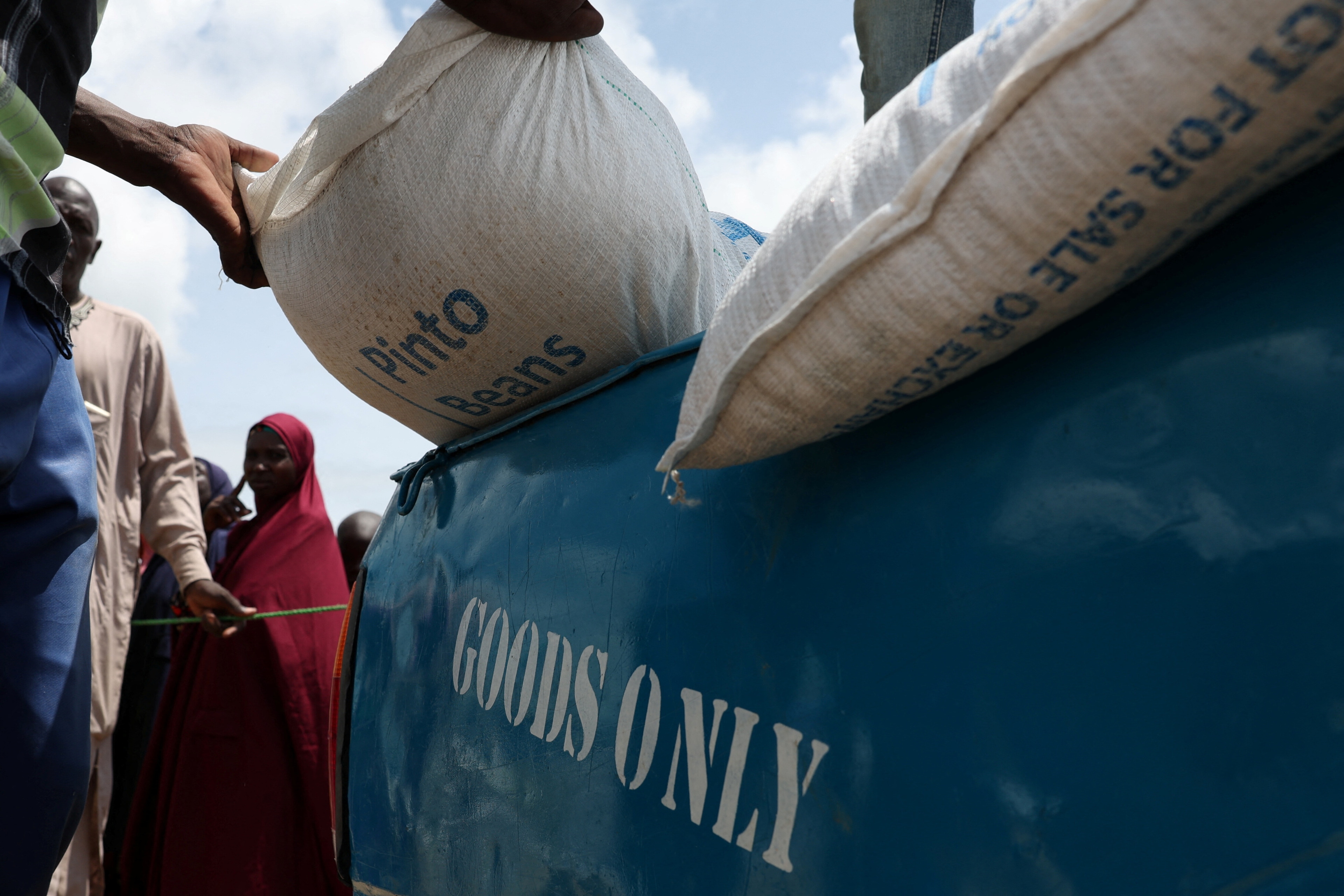Countries must rethink tariffs on bio-manufacturing

Image: REUTERS/Jon Nazca
- COVID-19 has shown the global manufacturing capacity for vaccines, therapeutics and diagnostics is insufficient to support an effective pandemic response.
- More investment is needed in bio-manufacturing and R&D capacity.
- Tariff reduction provides a clear opportunity to improve access to vaccines, therapeutics and diagnostics globally.
Bio-pharmaceuticals are increasingly central to healthcare delivery in high and low-income countries alike. Well-known examples of these large molecule-based treatments are vaccines and monoclonal antibodies to treat COVID-19.
Today there are also a myriad of “biologics” on the market to treat non-communicable diseases (NCDs) such as arthritis, cancer and diabetes, and to prevent some infectious diseases.
But COVID-19 has revealed that the global manufacturing capacity for vaccines, therapeutics and diagnostics is insufficient to support an effective pandemic response, and by addressing the current gaps, healthcare delivery and health security more broadly could benefit.
More investment now for the next pandemic
Governments, in partnership with the private sector, must commit to invest in more, globally distributed bio-manufacturing and R&D capacity. Advances in technology enable agile production facilities to be rapidly established and at a much lower cost than in the past. This opens opportunities for new actors to participate in globally distributed vaccine, therapeutic and diagnostic value chains.
Despite these advances, it takes time to build physical capacity and to train the workforce. Investments must therefore be made today to be ready for the next pandemic.
Joining up health, trade and investment: rethink tariffs
The successful promotion of bio-manufacturing and R&D activities globally will require that governments adopt coherent policies in the inter-related areas of health, trade, and investment. The right trade policies can be crucial enablers of global bio-pharmaceuticals manufacturing and trade.
A promising new proposal on Trade and Health is on the table at the WTO, submitted by the Ottawa Group. This proposal opens a potential route towards new action to reduce and remove tariffs on health products and their raw materials and inputs. WTO Members should seize this opportunity. To provide predictability and legal certainty, they must aim for more than temporary tariff reductions as part of the COVID-19 response.
Tariff reduction provides a clear opportunity to improve access to vaccines, therapeutics and diagnostics globally. Actors in the business of developing, producing and moving health products around the world see firsthand how tariffs can interrupt the efficient operation of supply chains, from R&D to the manufacturing and distribution of final products. To put it simply, whether imposed on raw materials and inputs or on final products, tariffs raise the cost of health products.
There are significant opportunities for companies in emerging markets to integrate into bio-pharmaceutical value chains, particularly in light of the current global focus on expanding bio-manufacturing and R&D capacity. The economic feasibility of geographically distributed R&D and manufacturing activities depends, in part, on access to the required tools and other inputs. Unfortunately, in many places, such access is hampered by counterproductive government policies notably tariff imposition.
Despite a general trend of decreasing tariffs on finished products for the bio-pharmaceutical industry, countries still show substantial average customs duties across these products – and particularly on the raw materials and inputs that are needed for the development and production of bio-pharmaceuticals such as vaccines, diagnostics, and monoclonal antibodies. Tariffs are imposed by developed and developing countries. Multilateral action is required to ensure health products and their inputs can move freely along supply chains and at the lowest possible cost to manufacturers and patients.
Examples of inputs that are critical for the COVID-19 response and that have been subject to substantial average tariffs include: compounds used in diagnostic testing kits, such as guanidine thiocyanate; single-use bioreactors and their consumables including plastic bags and filters; and solutions used to grow cell cultures when manufacturing COVID-10 therapeutics and vaccines.
Given the potential of bio-manufacturing and R&D to improve health security and delivery of healthcare in the coming years, trade and industry officials and health officials should agree to update the “zero-for-zero” agreement. The Ottawa Group proposal can potentially provide a basis for new negotiations in this regard.
Extending zero-for-zero product coverage during 2021 to include all medicines, whether small molecules or biologics, together with their R&D and manufacturing raw materials and inputs, will be essential to health security and the ability of the global community to respond to COVID-19 and future health crises, including pandemics, and to improve healthcare delivery overall.
Thanks to new technology solutions, more flexible bio-manufacturing and quicker scale-up is now possible in more places. Work is needed to ensure that inappropriate border measures will not slow down this positive evolution in global value chains.
Don't miss any update on this topic
Create a free account and access your personalized content collection with our latest publications and analyses.
License and Republishing
World Economic Forum articles may be republished in accordance with the Creative Commons Attribution-NonCommercial-NoDerivatives 4.0 International Public License, and in accordance with our Terms of Use.
The views expressed in this article are those of the author alone and not the World Economic Forum.
Stay up to date:
Trade and Investment
Forum Stories newsletter
Bringing you weekly curated insights and analysis on the global issues that matter.







